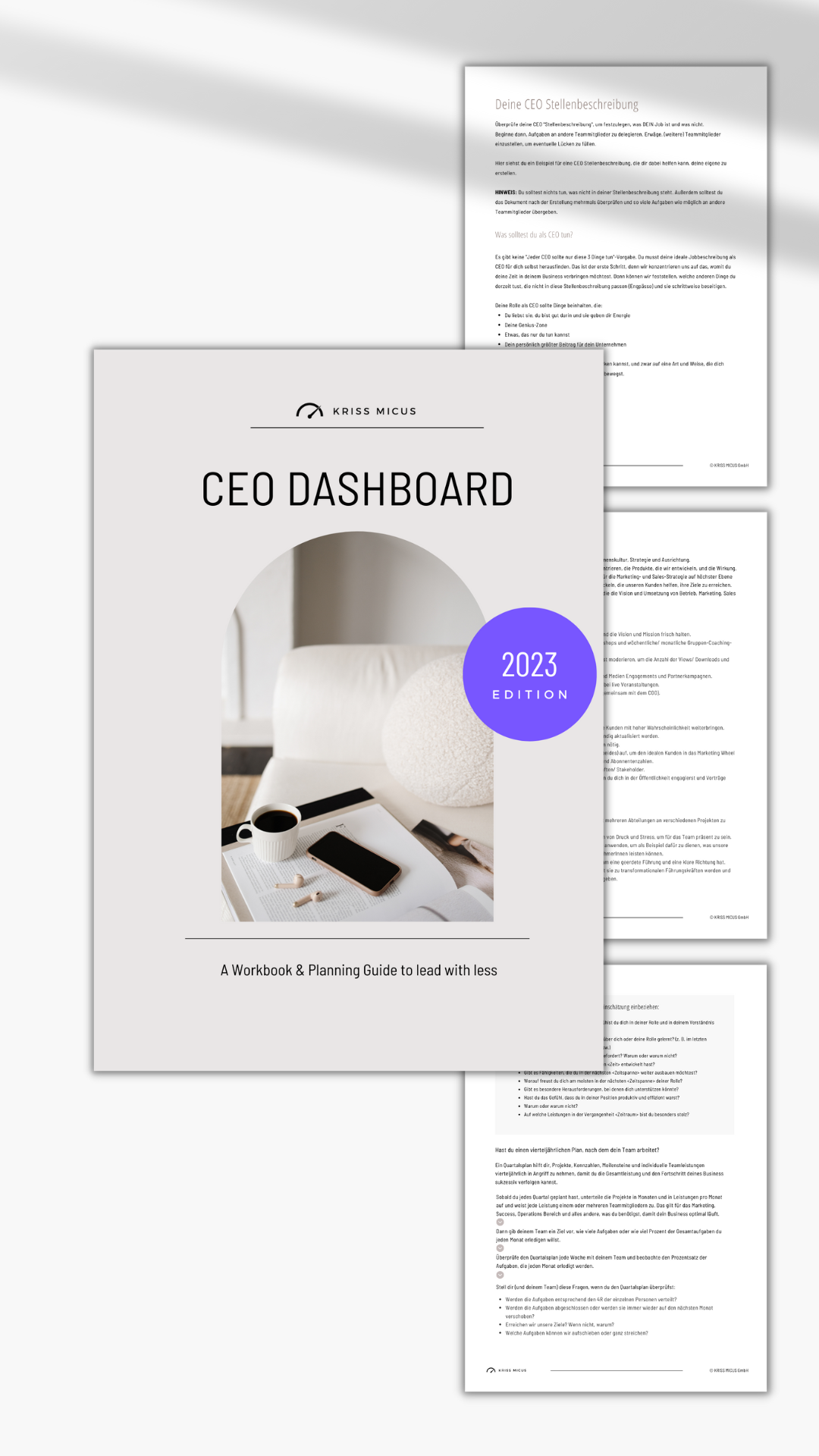How to start a Consulting Business on the Side
A Guide to Time Management and Long-Term Planning
Starting a consulting business on the side can be fulfilling and profitable. It allows you to utilize your knowledge and expertise while managing your full-time job or family responsibilities. Here are important aspects to consider:

1. Time Management:
To start a consulting business on the side, you need excellent time management skills. This means setting clear boundaries between your full-time job or family time and your consulting work. Use productivity tools and techniques like time-blocking, outsourcing, and delegating to help you balance all your responsibilities effectively.
Set clear boundaries between your full-time job or family time and your consulting work.
Utilize time-blocking techniques to allocate specific time slots for different activities.
Consider outsourcing or delegating tasks that others can handle.
Use productivity tools and apps to stay organized and manage your tasks effectively.
Example:
Use project management software like Trello or Asana to track your consulting projects and deadlines.
Time-block specific daily hours for your consulting work and communicate this schedule to your clients and colleagues.
2. Define Your Services:
Start by defining the consulting services you can offer. Consider your skills, experience, and the type of consulting that would best suit your expertise. A clear offering will make it easier to market your consulting services to potential clients.
Determine the specific consulting services you can offer based on your skills and expertise.
Clearly articulate the value and benefits of your services to potential clients.
Identify the unique selling points that set you apart from competitors.
Example:
If you have expertise in marketing, your consulting services could include marketing strategy development, social media management, or content creation.
Highlight your years of experience in the industry and any successful case studies or testimonials from previous clients.
3. Identify Your Target Audience:
Research who needs your services and how best to reach them. Identify their pain points and how your consulting business can provide solutions. This understanding will form the backbone of your marketing strategy.
Conduct market research to understand your target audience's needs and pain points.
Define the demographics, industries, or specific client types that could benefit from your consulting services.
Tailor your marketing messages and SEO strategies to reach and resonate with your target audience.
Example:
Targeting financial consulting services? Small business owners in the retail sector are a great audience. They require help with budgeting and financial planning.
Craft marketing messages tailored to small business owners. Focus on the challenges they face. Show how you can provide solutions.
CEO Dashboard
A workbook and planning guide, for CEOs who want to do more with less.
→ CEO Checklist
→ Growth Audit
→ Financial Audit
and more

4. Set Your Rates:
You must decide on an hourly or project-based rate for your services. Conduct market research to see what others in your industry are charging. Remember, as a consultant, you’re compensated for your time, expertise, and advice.
Research industry standards and market rates for similar consulting services.
Consider your experience, expertise, and the value you provide to clients when determining your rates.
Communicate your rates clearly to potential clients to manage expectations.
Example:
As a social media consultant, you have two options for charging: An hourly rate based on the project's complexity. A package price for a specific scope of work.
Be transparent about your pricing structure and provide a breakdown of the services included in each package.
5. Marketing & Networking:
Start marketing your business once you've defined your services and target audience. This could be through social media marketing, search engine optimization (SEO), and networking events. Business cards can be a great tool for in-person networking.
Develop a comprehensive marketing plan that includes both online and offline strategies.
Utilize social media platforms to showcase your expertise, engage with your target audience, and share valuable content.
Attend industry events, conferences, and networking to build connections and establish relationships with potential clients and industry professionals.
Example:
Create a professional website and optimize it for search engines to increase your online visibility.
Share informative blog posts, videos, or infographics on social media platforms to position yourself as an expert.
Attend relevant industry conferences and participate in panel discussions or workshops to network with potential clients and build credibility.
6. Legal Considerations:
As a consultant, you're likely to start as a sole proprietorship. Ensure you have the necessary business licenses and insurance. Also, maintain good records for tax purposes.
Choose the legal structure for your consulting business, such as a sole proprietorship, partnership, or LLC.
Obtain any necessary business licenses or permits required by your local jurisdiction.
Consult with legal professionals and accountants to ensure tax laws and regulations compliance.
Example:
It is wise to consult with a business attorney when determining the legal structure of a consulting business. Factors such as liability and tax implications should be considered.
Research and obtain any required permits or licenses specific to your consulting services, such as professional certifications or industry-specific permits.
7. Quality Service:
Maintaining quality service is crucial to the success of your consulting business. Be honest, transparent, and professional in all your dealings. A satisfied client will likely refer you to their network, increasing your client base.
Prioritize delivering exceptional service and value to your clients.
Maintain open and transparent communication throughout the consulting process.
Seek feedback from clients to improve and refine your services continuously.
Example:
Respond promptly to client inquiries and keep them informed about project progress.
Provide regular updates and reports on the work you are doing and the impact it has on their business.
Offer personalized recommendations and go the extra mile to exceed client expectations.
8. Long-Term Planning:
Starting a business on the side can be a stepping stone to eventually running it full-time. Ensure you have a long-term strategy and gradually work towards it.
Set long-term goals for your consulting business and break them into actionable steps.
Continuously evaluate and adapt your business strategies to stay ahead of industry trends.
Invest in professional development and continuously upgrade your skills to remain competitive.
Example:
Create a business plan outlining your long-term vision, target market, marketing strategies, financial projections, and growth plans.
Set specific milestones to track your progress and adjust your strategies as needed.
Attend industry conferences, workshops, or online courses to stay updated on industry advancements and expand your expertise.
Starting a consulting business requires careful planning. Effective time management and a strong focus on delivering quality client services are also essential. Remember this when you begin your venture.
You can achieve success in consulting while managing a full-time job and family.
Implement these strategies and keep working towards your long-term goals. This will help you build a successful business.
